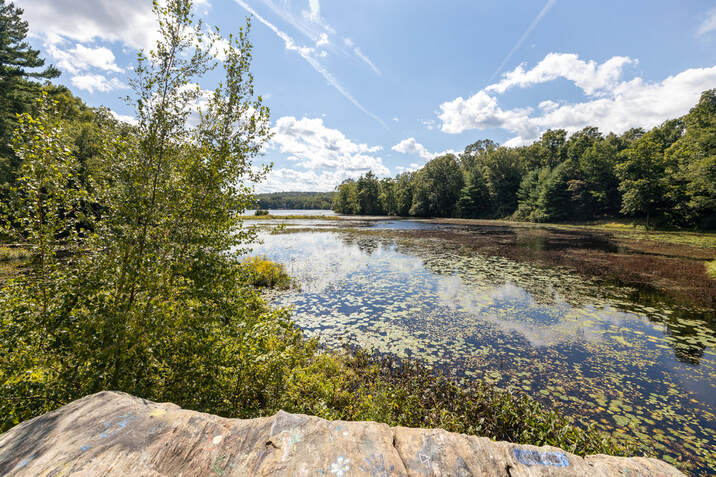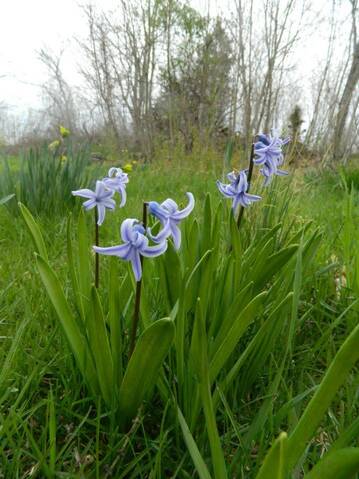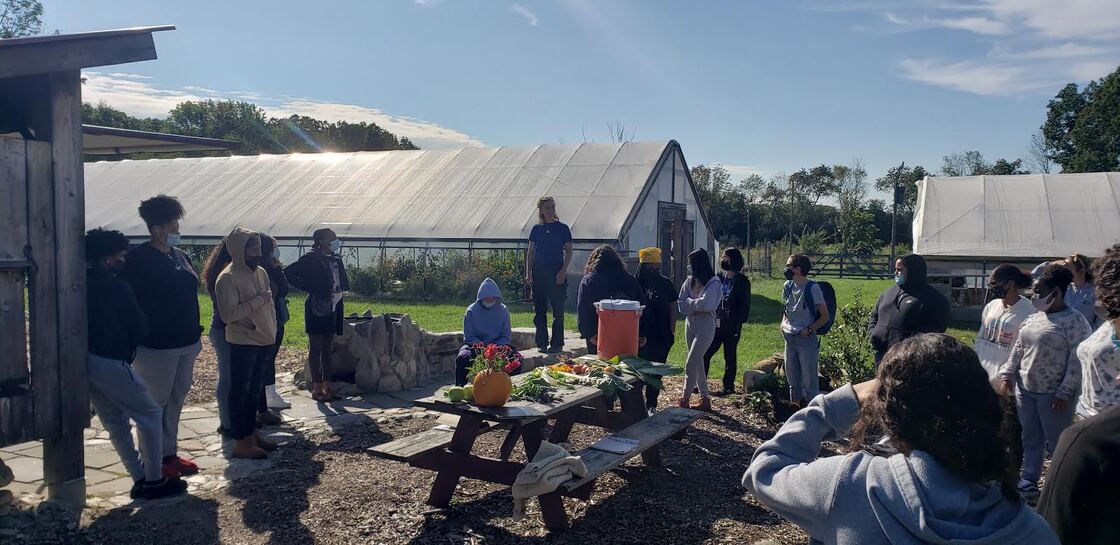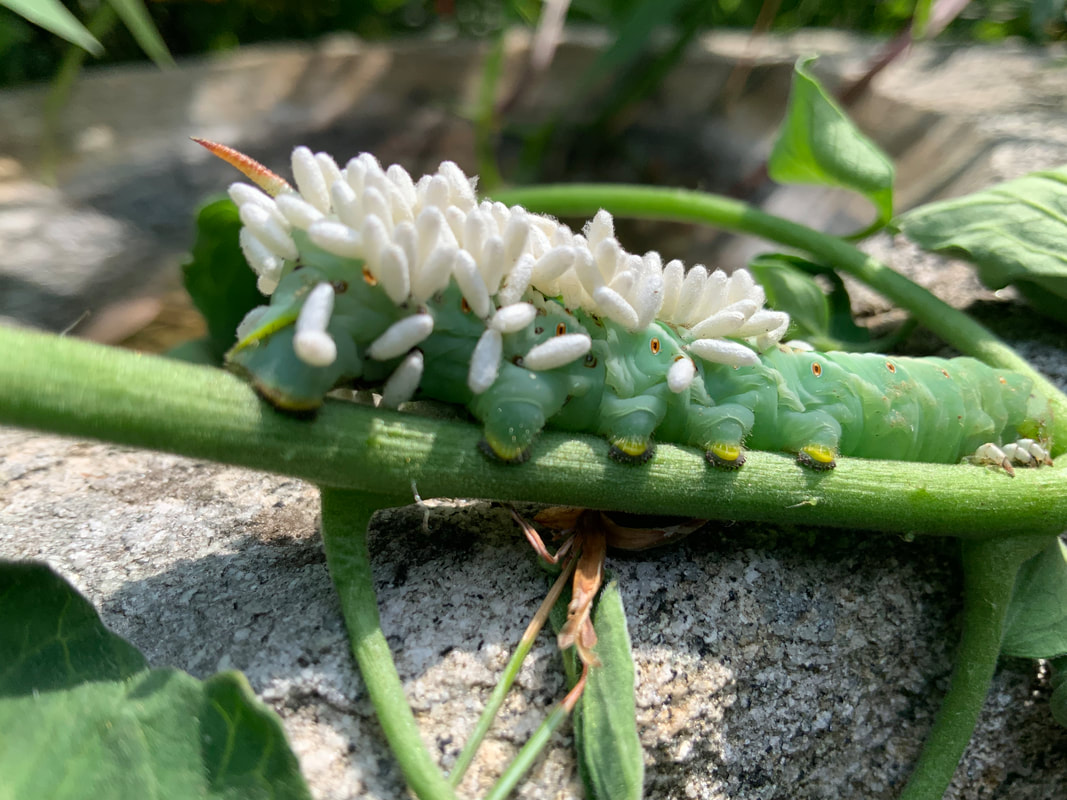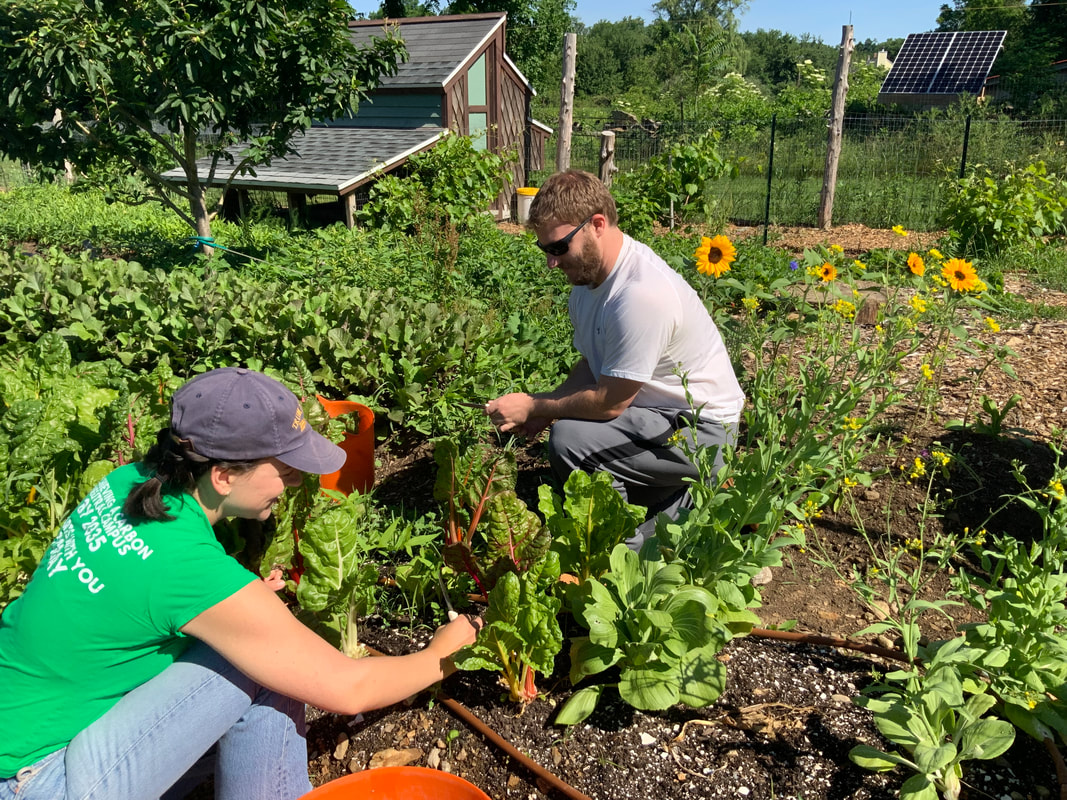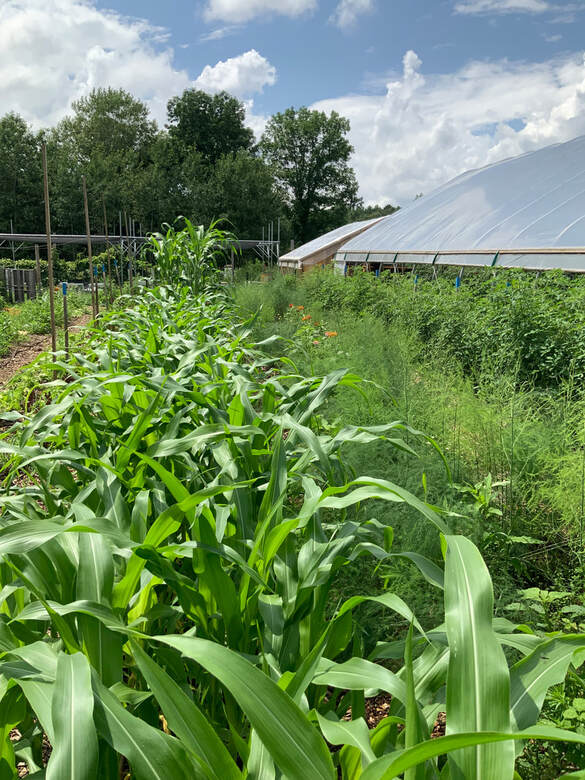"Permaculture is a philosophy of working with, rather than against nature; of protracted & thoughtful observation rather than protracted & thoughtless labour; of looking at plants & animals in all their functions, rather than treating any area as a single-product system.” -Bill Mollison
Permaculture
From its modest origins, permaculture has become an integrative design science that spans a broad scope of applications. It is a vision for a regenerative future, a movement of world changers across the globe, and a holistic, ecological design process that ties all of the interdisciplinary elements together for the ultimate goal of consciously designing sustainable human ecosystems. The theory and practice of permaculture design is grounded in its twelve (or so) principles and three primary ethics: Earth Care, People Care, and Fair Share. These principles are derived from the observations on what makes healthy and natural ecosystems work, and are articulated in ways that allow them to be easily understood and applied to design.
The word “permaculture” is a contraction of both “permanent culture” and “permanent agriculture”, for it is impossible to sustain a culture without a sustainable agriculture. At its essence, permaculture is the conscious design and co-creative evolution of agriculturally productive ecosystems and cooperative and just social and economic systems that have the diversity, stability, and resilience of “nature”.
-Dave Jacke
Permaculture is about becoming whole people, and thus a whole culture. It’s about realizing that we have never been and can never be, separate from nature. This young and emerging culture of proactive change is leading to the most positivist, fast-tracked, global change that the world may have ever seen. Although this was a good shot at a definition, permaculture is notoriously difficult to define– even among the experts. After all, as there is no one right way to live, there is also no one right way to practice permaculture. Because of this, it is natural that definitions may vary depending on the personal landscape, sectors of interest/experience, and ideologies of the speaker.
Permaculture is the harmonious integration of people into the landscape in such a way that the land grows in richness & aesthetic beauty. “
-Patricia DuBose Michael

